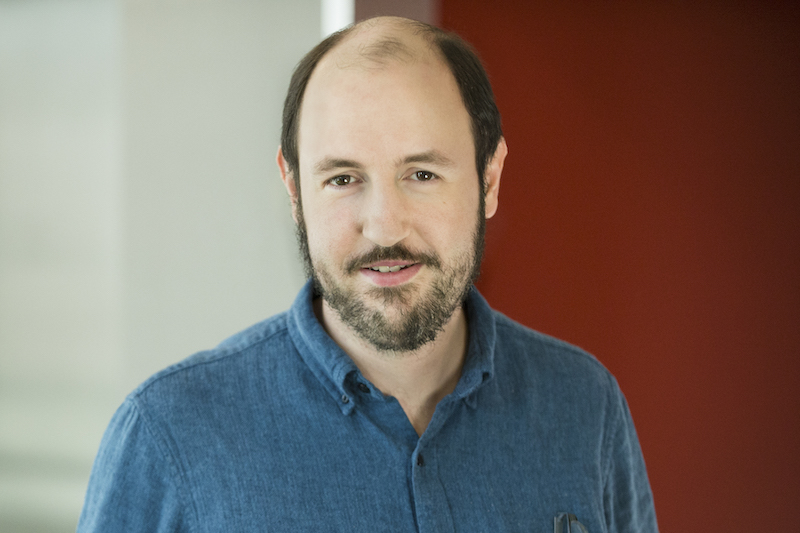Olin Shivers
Professor

Research interests
- Programming languages
- Systems and networking
- Compilers
Education
- PhD in Computer Science, Carnegie Mellon University
- BS in Computer Science and Mathematics, Yale University
Biography
Olin Shivers is a professor in the Khoury College of Computer Science at Northeastern University, based in Boston.
Shivers’ interests lie in the design of tools that assist programmers in the construction of robust, complex software artifacts. By focusing on the interaction between systems and higher-order typed programming languages, he analyzes the design and analysis of programming languages and compilers.
Prior to joining Northeastern, Shivers was a research scientist in the Artificial Intelligence Laboratory at the Massachusetts Institute of Technology, where he co-founded the Personal Information Architecture Group. He served as founder and chief technology officer of Smartleaf Corporation and taught in the College of Computing at Georgia Tech.
Shivers's research has been cited in Logistical Methods in Computer Science, Journal of Functional Programming, and Theoretical Computer Science, and has been funded by the NSF, Cisco, DARPA, and Microsoft.
Labs and groups
Recent publications
-
The Verse Calculus: A Core Calculus for Deterministic Functional Logic Programming
Citation: Lennart Augustsson, Joachim Breitner, Koen Claessen, Ranjit Jhala, Simon Peyton Jones, Olin Shivers, Guy L. Steele Jr., Tim Sweeney. (2023). The Verse Calculus: A Core Calculus for Deterministic Functional Logic Programming Proc. ACM Program. Lang., 7, 417-447. https://doi.org/10.1145/3607845 -
3CPS: The Design of an Environment-Focussed Intermediate Representation
Citation: Benjamin Quiring, John H. Reppy, Olin Shivers. (2021). 3CPS: The Design of an Environment-Focussed Intermediate Representation IFL, 20-28. https://doi.org/10.1145/3544885.3544889 -
Analyzing binding extent in 3CPS
Citation: Benjamin Quiring, John H. Reppy, Olin Shivers. (2022). Analyzing binding extent in 3CPS Proc. ACM Program. Lang., 6, 650-678. https://doi.org/10.1145/3547645
Related news
Current PhD students
Previous PhD students
-

Justin Slepak



